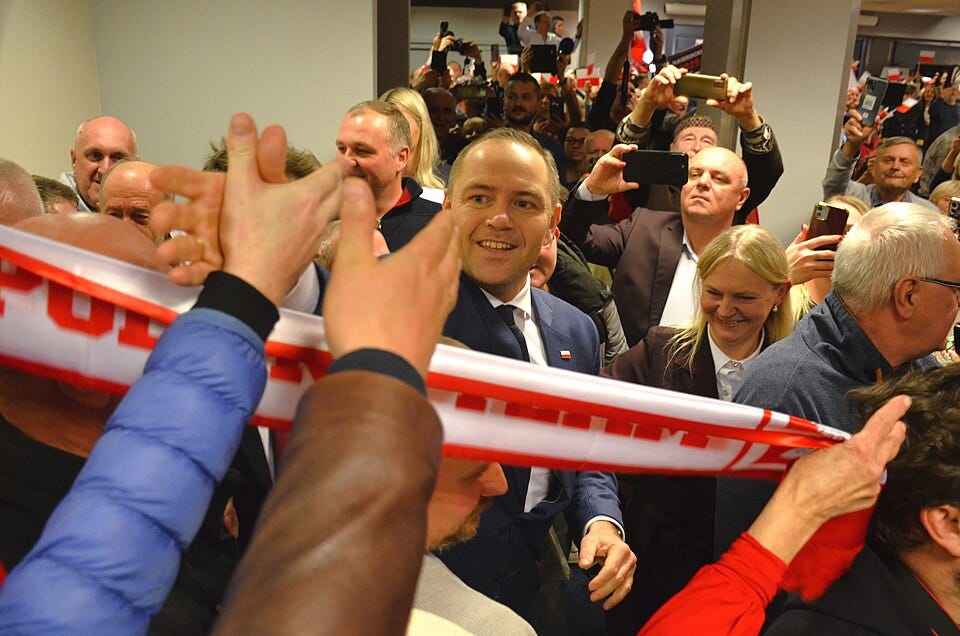It Turns Out That Uprooting Populists is Hard
A right-wing candidate winning in Poland shows that it takes a lot to reverse illiberalism

Since a centrist coalition in Poland won parliamentary elections in October 2023 against the incu…

Since a centrist coalition in Poland won parliamentary elections in October 2023 against the incu…